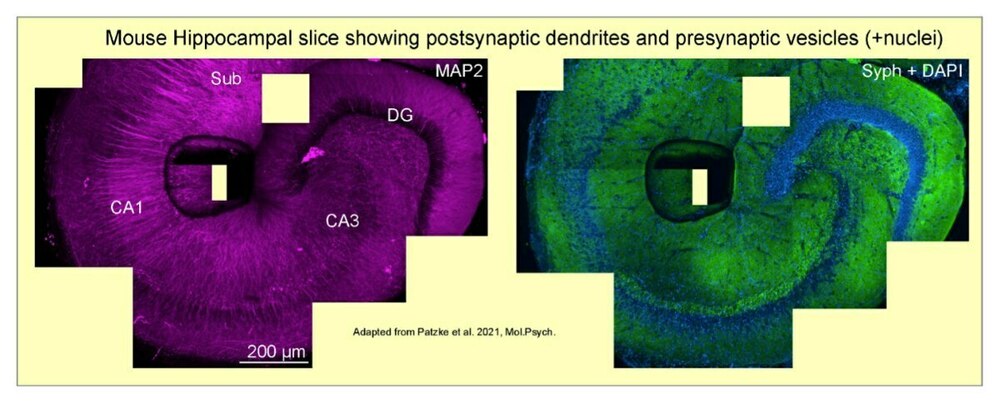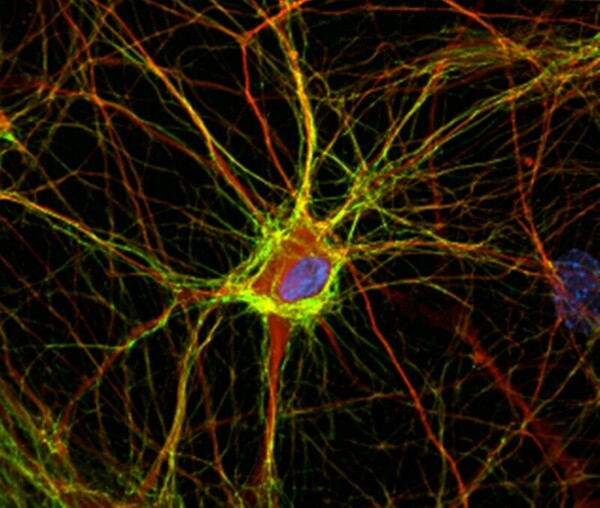Teaching
Advanced Neurobiology - BIOS 30338-02
Cellular and Molecular Neuroscience in Health and Disease
Spring 2022, T-Th 11:00am – 12:15pm
Course Overview
This course is designed for advanced undergraduate students interested in the molecular and cellular aspects of neurobiology. It starts by defining what neurons and glia cells are and shows what it takes to make these. The class goes further by explaining how neural networks form, work and how disease- causing mutations disrupt these processes. It will provide an overview of molecular and cellular neuroscience by focusing on several key topics, such as nervous system development, cytoskeletal regulation and neurite formation, axonal pathfinding, synapse formation and function, voltage-gated ion channels, neurotransmitter receptors, neurotransmitter release, neuronal gene expression and tools used in research labs to address these aspects.
The course will be held in 30 classes of bi-weekly 75mins. Each week will be divided into a lecture session, group work and discussion session to solidify and further explore the newly acquired knowledge. Moreover, we review and explain methods used in research labs to understand neural networks.
The Rationale
An understanding of cellular and molecular processes of the nervous system, is useful for all neuroscientists, biologists and pre-professional students. The goal of this course is to provide students with an in-depth introduction to the essential roles of neural cells and their networks in order to enable you to understand major cellular concepts of nervous system development and functioning. We will study and discuss the building blocks of neural cells, their functions, their synapses and learn how the dynamics in the nervous system are coordinated during development and adulthood. An important aspect of the course will be the analysis of pathological conditions caused by mutations. Autism, Schizophrenia and Epilepsy will be elaborated examples for impaired developmental processes.

Topics in Cell Biology - BIOS 60570
Stem Cell-Derived Neurons – An Emerging Tool in Basic Research
Mondays, 5:15pm - 7:45pm, 115B Galvin
Course Description and Objectives:

This course is designed for graduate and undergrad students interested in in vitro human cellular models for neuronal development and function and their impairment in disease.
A new generation of human disease models has emerged as a consequence of three recent major technological developments in biomedical research: (1) Rapid advances in genome sequencing, (2) robust methods to derive human pluripotent cells (hPSCs) without the use of embryos, and (3) the introduction and optimization of site-specific nucleases for genome-editing (e.g. CRISPR/Cas9) for laboratory purposes have dramatically facilitated the possibility to ask questions about human biology and pathology mechanisms. Starting with the introduction of induced pluripotent stem cell (iPSC) technology, we will critically discuss several studies that utilize human neurons derived from hPSCs to translate advances in human genetics into model systems allowing to deduce the molecular underpinnings of diseases.
Learning Goals: Upon completion of this course, you will be able to:
- Describe the basic discoveries over the last 20 years what pluripotent stem cells are, how they can be generated, and how they can used as tools for neuroscientific research.
- Evaluate why these tools have caused a revolution in biomedical sciences and what advantages and disadvantages these tools have compared to animal models.
- Critically assess research papers from the last 10 years.
- Identify and create strategies for disease modeling.